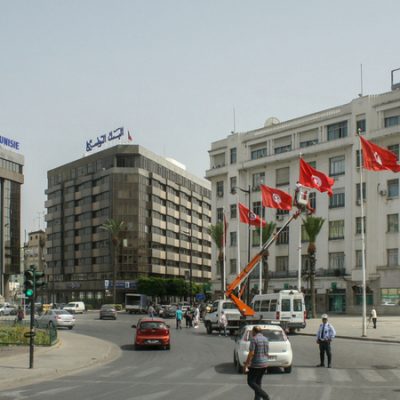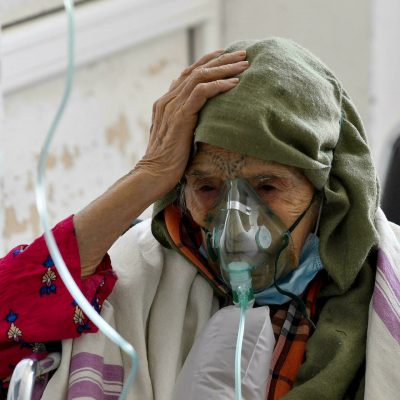Arab Economies Set for Multilevel Blow Due To COVID-19: IMF

With the slowdown due to COVID-19 the Arab economies are set to face major shock at many levels, stated the regional head of International Monetary Fund (IMF). He also pointed out that this is most likely to start with the structural problems, probably long-term.
Director of the IMF Middle East and Central Asia Department, Dr Jihad Azour said that there is significant impact of low oil prices both on oil and non-oil producing countries, even after swift responses by regional governments.
These statements by Azour followed the IMF’s warnings that can be faced by Gulf countries regarding depletion risk of $2 trillion within 15 years as there will be surge in oil demand reaching the peak.In a previous statement Dr Azour stated “Countries in the region need to think long term and strategically because the oil market is changing structurally both from the demand and supply side.”
A Washington based firm stated in its report that in coming days the world can see drop in the oil demand which in turn is set to put pressure on the six nation block in terms of finances. These member nations constitute one-fifth of world’s crude oil production.
The one advantage that Arab countries have is that the majority of population averages 30 years which will help them recover the financial crisis due to COVID-19 impact.Dr Azour stressed on the importance of reforms implementation by Arab governments and international organizations that are needed for the Arab economies to bounce back.
The economic recoveries in Arab nations will depend highly on the opportunities provided by technology. This makes it even more crucial for the Arab governments to keep their focus going on the technology adapting and their implementation, Dr Azour said. New globalization reforms might be adopted at an international level for recuperating of economies.
Dr Azour clarified that IMF has provided support to around 30 low income countries by providing liquidity to help them meet their immediate needs. He further stated that this is a ‘lending’ situation where it is important to keep into consideration the returning capacity of nation.
IMF is reportedly advising these countries to work on their structural facets like unemployment, health care, technology deficits, poverty, inequality, corruption and poor governance. All these factors are going to impact the Arab economies in long term and also decide their recuperating capacity.




